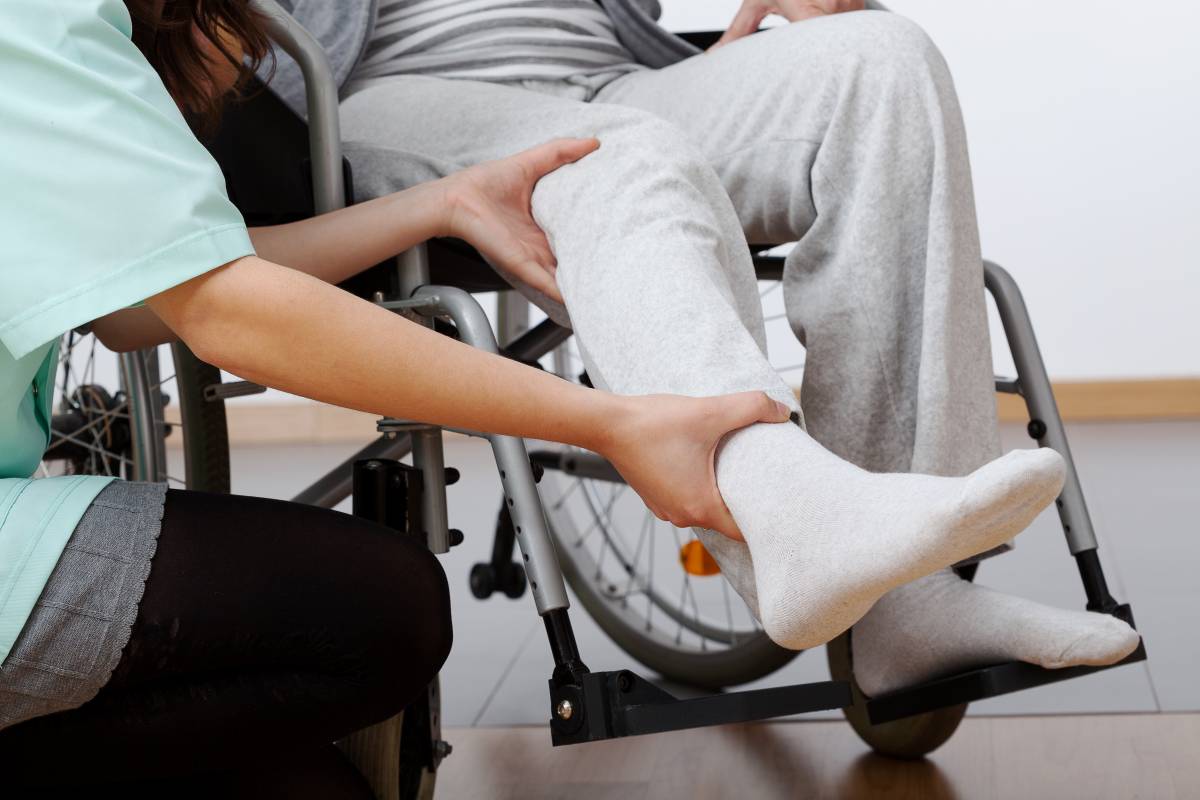'Everyone will need to play their part' in shifting focus to prevention, says Hewitt review of ICSs
Funding streams should allow the NHS to focus on preventing illnesses and injuries rather than treating them, according to the Hewitt independent review of integrated care systems (ICSs), which was published today (4 April).
The government is now considering the recommendations outlined in the review, which it asked Patricia Hewitt – a Labour MP and former health secretary – to undertake at the end of last year.
Ms Hewitt, who chairs the Norfolk and Waveney NHS integrated care board and is deputy chair of its integrated care partnership, says she was ‘surprised’ by the invitation to conduct the review which she could ‘not turn down’.
Some of the report’s recommendations are likely to be welcomed by physiotherapists. For example, in a section titled ‘Role of data and digital tools to support the prevention of ill health’, it calls for a shift towards prevention – with funding and policies being aligned to support this aim.
This approach would ‘radically improve our ability to do much more to tackle the determinants of poor health, with all of the associated health and economic benefits … described’, Ms Hewitt writes.

This shift would all ICSs to ‘accelerate their work’ on activities such as
- improving individual care and outcomes
- improving population health and wellbeing
- tackling health inequalities
- improving the wellbeing and engagement of staff
- improving the productivity of the health and care system
Action on falls praised
Dorset ICS is praised for establishing a ‘live linked data set’, which it uses as a basis for screening the growing number of people aged over 65, including for those at a high risk of falling. This has significantly cut the number of emergency hospital admissions, the review states. Meanwhile, Norfolk and Waveney ICS has set up a project called Protect NOW, a GP-led collaboration that uses data analytics and risk stratification to identify people at risk of undiagnosed or poorly managed Type 2 diabetes to improve patient engagement, care and outcomes.
Effective change will require the combination of new structures with changed cultures ... everyone needs to change, and everyone needs to play their part [Patricia Hewitt]
Elsewhere, Ms Hewitt says that ‘represent the best opportunity in a generation for a transformation in our health and care system’ but that ‘effective change will require the combination of new structures with changed cultures’. ‘Everyone needs to change, and everyone needs to play their part.’
The report identifies six ‘key principles’ that will enable ICSs to ‘thrive and deliver’: collaboration within and between systems and national bodies; a limited number of shared priorities; allowing local leaders the space and time to lead; the right support, balancing freedom with accountability and enabling access to timely, transparent and high-quality data.
Funding issues
The report states: 'Delivering these principles will require genuine change in how the health and care system operates. While there will always be immediate pressures on our health care system, shifting the focus upstream is essential for improving population health and reducing pressure on our health and care system.
'This will require a shift in resources – the share of total NHS budgets at ICS level going towards prevention should be increased by at least 1 per cent over the next five years. It will also require cross-governmental collaboration to embed a national mission for health improvement and the establishment of a new Health, Wellbeing and Care Assembly.'
NHS Providers responds
Julian Hartley, chief executive at NHS Providers said: ‘At a time of great pressure across the health and care system, ensuring the right oversight, accountability and support for trusts and ICSs is critical.
Sir Julian added: ‘We welcome this report as it highlights how ICSs can help integrate care, forge partnerships within and beyond the NHS, and shift towards a preventative model of care.
‘The emphasis on improvement over top-down performance management is essential and we hope the NHS at all levels will commit to the cultural shift necessary to bring this about.’
Each ICS has an integrated care board, a statutory organisation responsible for developing a plan for meeting the health needs of the population. These boards manage the NHS budget and arrange for the provision of health services in the ICS area. Representatives from local authorities, primary care services and NHS trusts are appointed to ICBs.
To download a copy of the Hewitt review, click
Author: Ian A McMillanShare it with














